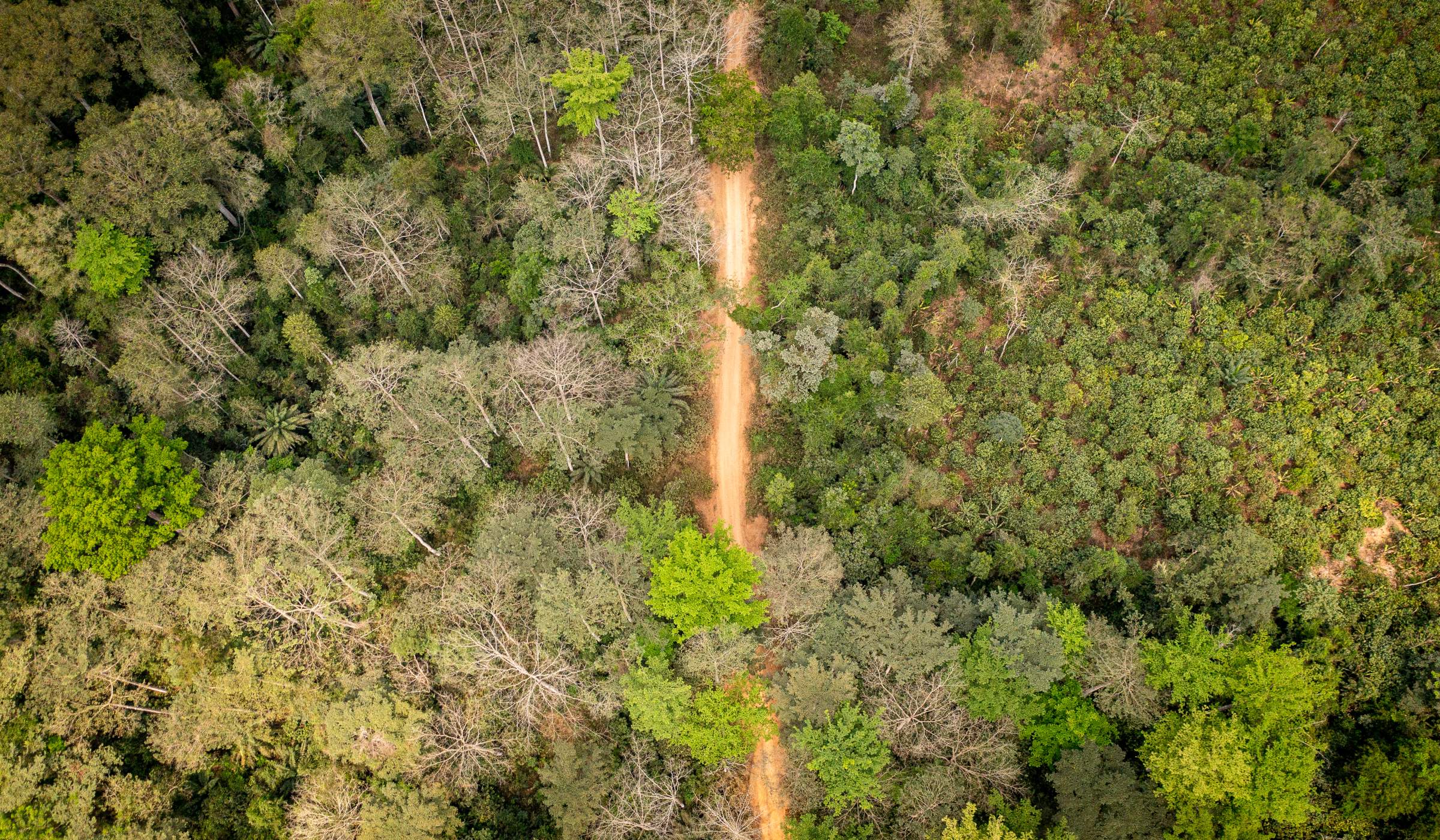
The European Union introduced its EU Deforestation Regulation (EUDR), a strict traceability and due diligence framework and has now proposed a delay to its implementation.
Reversing deforestation is critical to mitigating climate change and biodiversity loss. To speed up efforts in curbing deforestation tied to global trade and high-demand commodities, the European Union introduced its EU Deforestation Regulation (EUDR), a strict traceability and due diligence framework.
The World Cocoa Foundation (WCF) backs the EUDR and advocates for an EU legal standard to curb cocoa-driven deforestation. WCF has teamed up with members, governments and stakeholders to gear up for EUDR rollout –details below.
Now, the EU has proposed a potentially significant change to the EUDR. Here is what’s at stake.
Cocoa and the EUDR – a quick recap.
Originally part of the EU Green Deal, the EUDR aims to protect global forests. It requires that several commodities – including cocoa from all origin countries – imported into the European Union be shown to be from areas free of deforestation and produced in compliance with local legislation since Dec. 31, 2020. The EUDR requires all companies importing cocoa and cocoa products to complete due diligence documentation using geolocation data to show where that cocoa was grown.
What do we know about the proposed changes and why the EU is making them?
The requirements for importers were originally scheduled to go into effect starting Dec. 30, 2024. However, in October 2024, the European Commission and subsequently the European Council, consisting of heads of state of EU member countries, proposed that this implementation should be pushed back by one year. This recommendation must still be approved by the European Parliament. If that body does so, the requirements will go into effect one year later, on Dec. 30, 2025, for large operators and traders and on June 30, 2026, for micro- and small enterprises.
The European Council stated that it was taking this position to “give certainty, predictability and sufficient time for a smooth and effective implementation of the rules, including fully establishing due diligence systems covering all relevant commodities and products.” The European Commission offered a similar rationale to ensure smooth implementation.
Notably, the implementation date is the only element of EUDR that the Commission and Council are proposing to change. Regulators are not proposing to change the cutoff date for when areas must be deforestation-free (Dec. 31, 2020), nor the nature of the due diligence requirements or the overall objectives of the framework.
How is this likely to affect supply chains and deforestation rates?
Many NGOs have reacted negatively to the proposed delay, with 225 signing a statement opposing it. A group of WCF member companies' part of the Cocoa Collective while acknowledging the proposal for a 12-month roll-back of implementation, have urged the EU to resist any further amendments to EUDR legislation.
Yet because the cutoff date is not changing (Dec. 31, 2020) and given the fact that cocoa trees take several years to mature, the cocoa plots that are EUDR-compliant should not change. At least one expert has pointed out that this means that the delay is unlikely to drive any additional long-term deforestation in a supply chain like cocoa.
In the meantime, given the sweeping and novel nature of EUDR, combined with some uncertainty about how the requirements will be enforced, the delay will help all actors in the supply chain to further prepare. This includes companies and farmers alike.
What’s next for companies and cocoa farmers as they continue getting ready for EUDR?
Along with the proposed implementation delay, the European Commission has finally published long-awaited guidance documents and frequently asked questions to help all organisations continue preparing for EUDR’s requirements.
How did WCF prepare its members to get ready for EUDR compliance?
Throughout the development of the EUDR, WCF has been helping member companies and other stakeholders prepare for its implementation. Most recently, WCF released a Deforestation Risk Assessment Methodology to help companies evaluate the deforestation risk for all plots producing cocoa destined for the EU market.
This is the first part of WCF’s three-phase strategy to enable better cocoa traceability worldwide. The second phase will support national traceability systems being developed by Côte d’Ivoire and Ghana, and the third phase will seek to develop a global model that supports compliance with all regulations on a range of issues, including deforestation.
Michael Matarasso, Impact Director and Head of North America adds “By developing standards for the sector on forest monitoring, fostering industry alignment and collective action with industry and Governments, we’re enabling science-based, standardized best practices that will drive compliance with regulations like the EUDR and deliver real sustainability impact across the sector.“